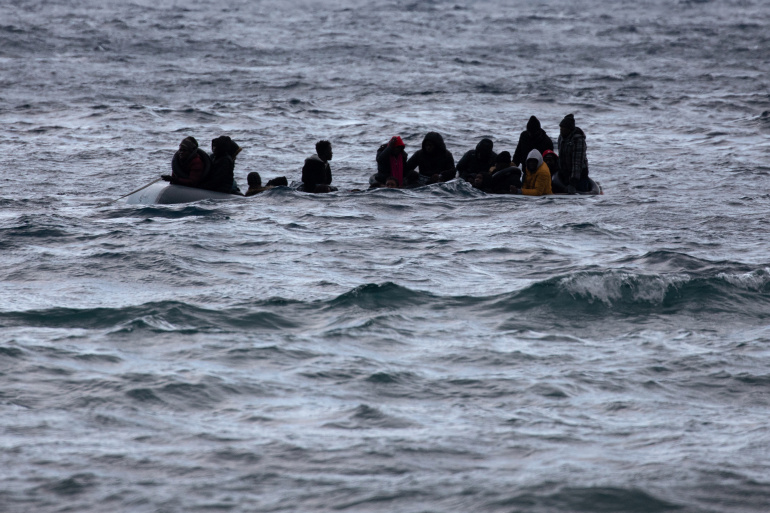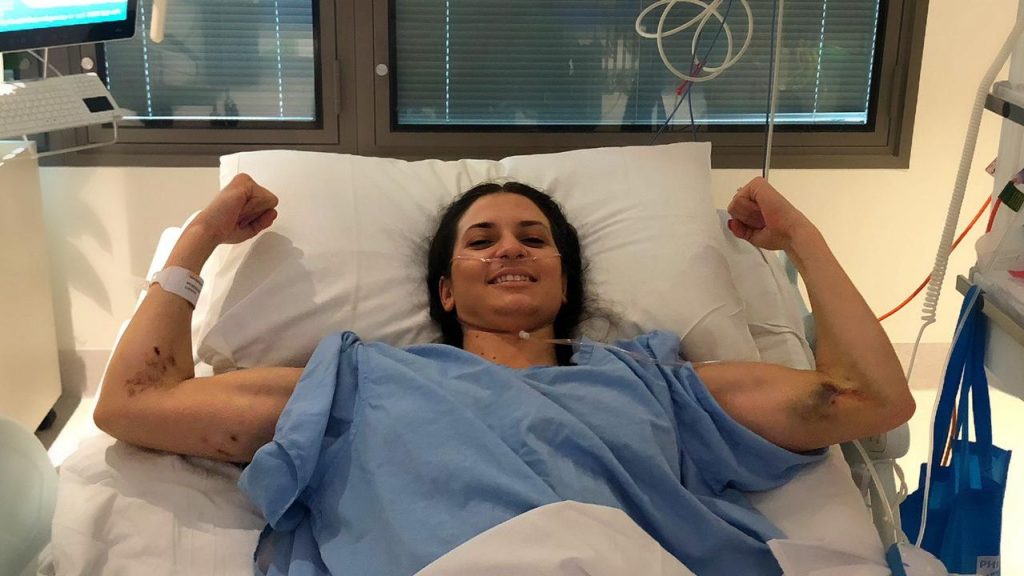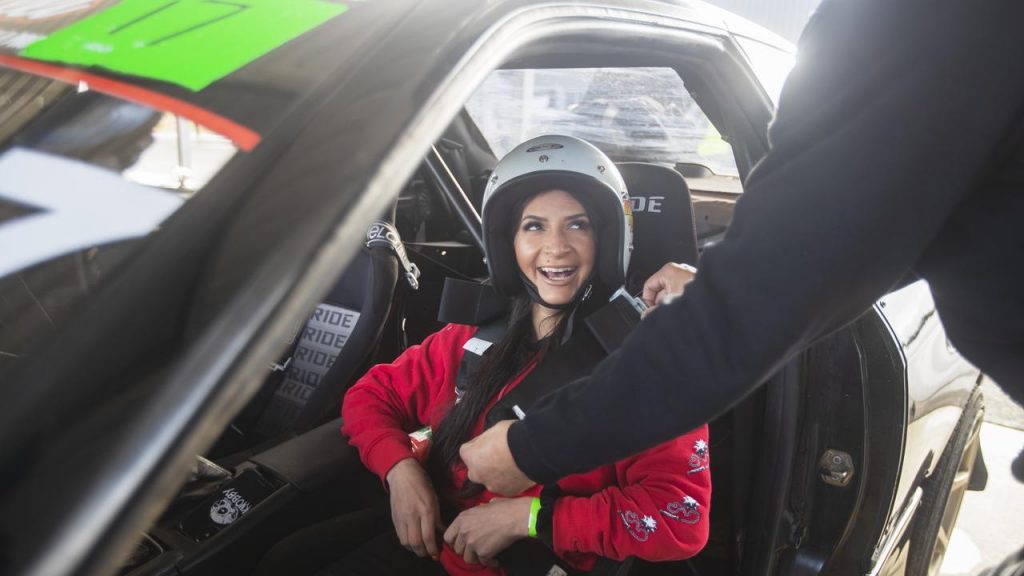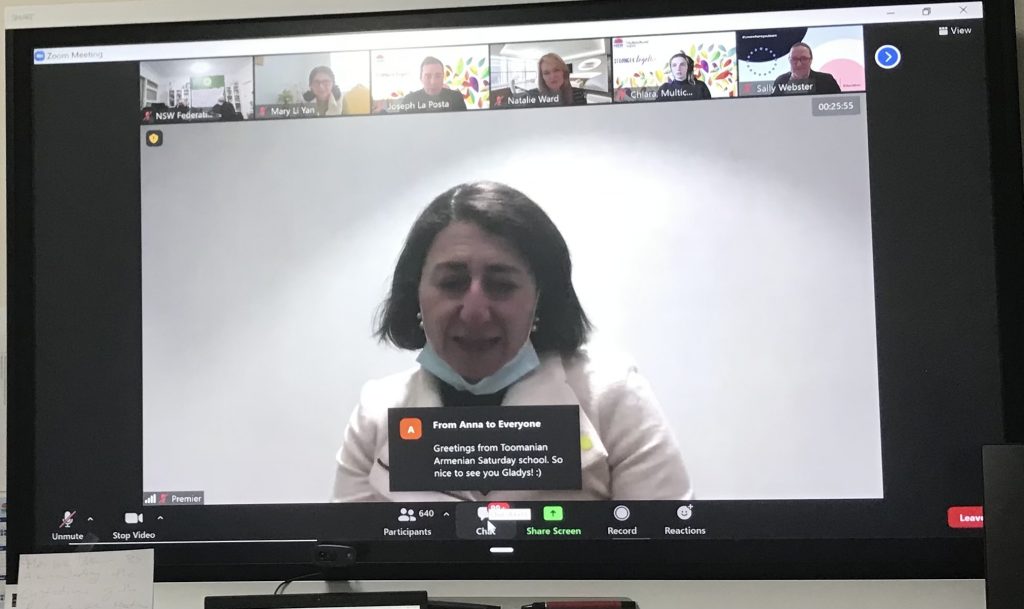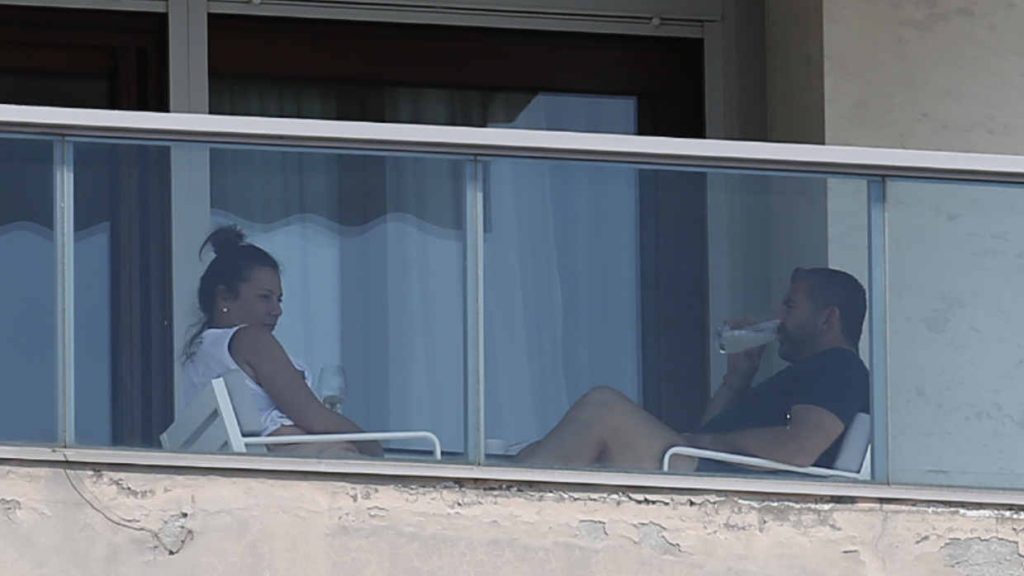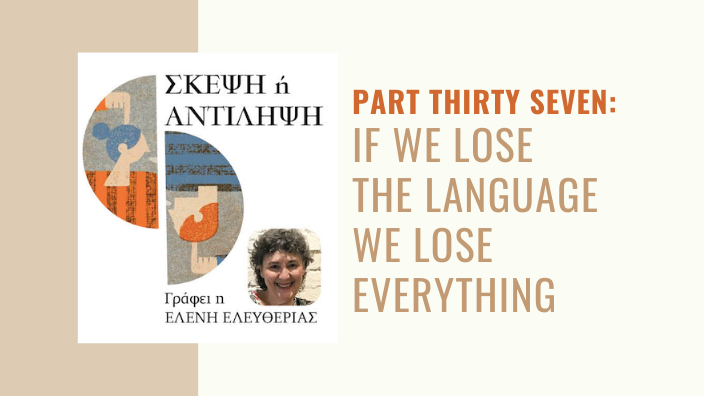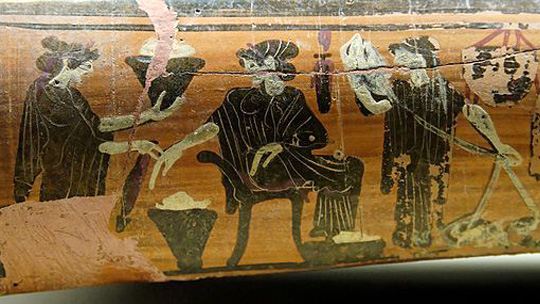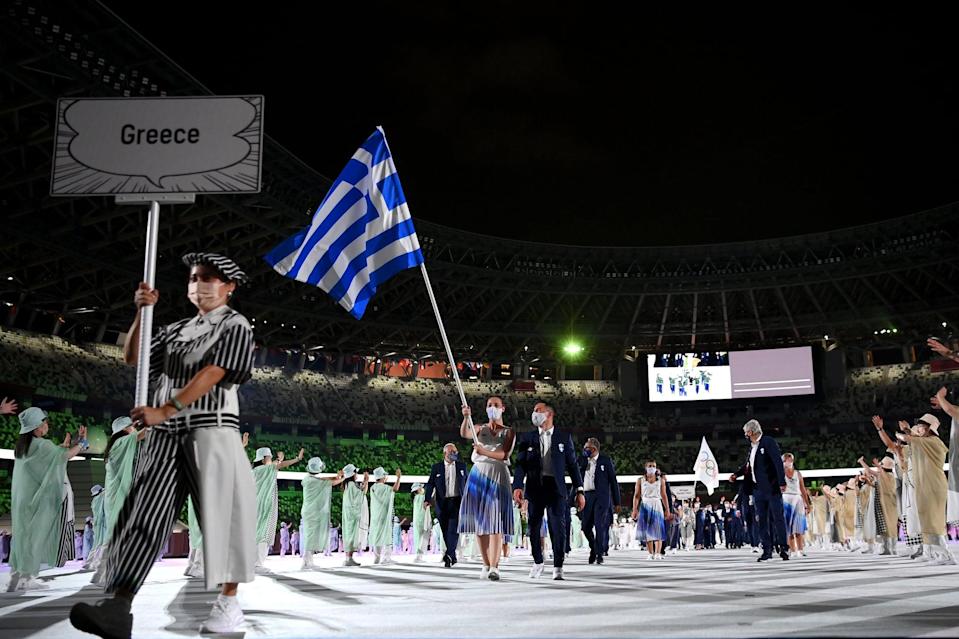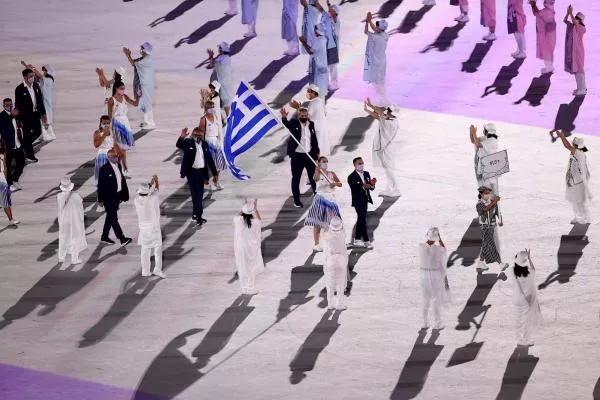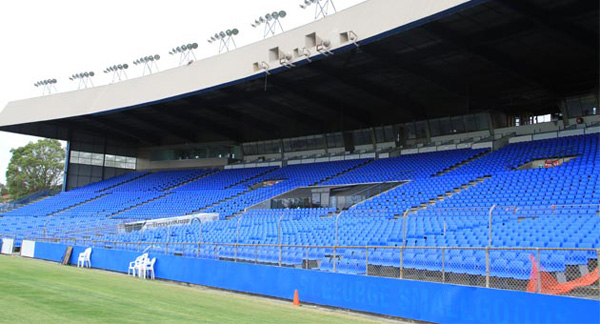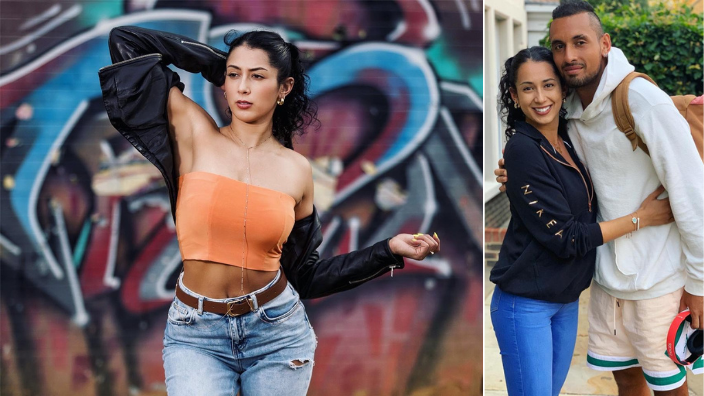In the wake of the latest lockdown due to the COVID-19 pandemic, leaders of Melbourne’s Greek community have come together to encourage people to get vaccinated.
A collective of community organisations have come together to call and encourage our community to step up and get vaccinated.
The President of the Greek Community of Melbourne (GCM) Bill Papastergiadis OAM called not only for the support of other organisations but of all Greek Australians: “Whilst I appreciate people’s apprehension, there is simply no doubt that the only way out of this pandemic mess is through vaccination. Our borders will only open when we are vaccinated. Our lives will only return to resemble something like the ones we enjoyed once we are vaccinated. This is the message of all of our scientific experts and political leaders.”
His Eminence Archbishop Makarios reiterated the need for everyone to get vaccinated saying: “We must not forget that vaccination constitutes an act of self-protection, but, primarily, it is an act of love and solidarity for our family, community, and the wider society to which we belong. In order to achieve the best possible control of the pandemic, I urge you with paternal love and responsibility to get vaccinated against Covid-19, if you have not already done so. I pray that our benevolent God strengthens everyone and quickly frees humanity from this terrible ordeal of the pandemic.”
The Chair of the Hellenic Australia Chamber of Commerce (VIC) Fotini Kypraios added: “Increasing the vaccination rates must become the absolute priority if Victoria is to re-open for business with confidence and not be at the mercy of ’snap’ lockdowns. Inadequate supplies of the vaccines have left Australia languishing when compared to other parts of the world, where notwithstanding daily new cases in the many thousands, are open for business and learning to live with COVID-19. The sooner we increase vaccination rates, the sooner Victorians can safely reconnect, confidently re-open for business, regenerate investment and reinvigorate the local economy.”
With particular expert insight, the GCM Treasurer and President of the Hellenic Medical Society of Australia (HMSA) Assoc Professor Marinis Pirpiris issued the following statement for people to consider and community organisations to endorse:
“On behalf of Melbourne’s leading Greek community groups, the Hellenic Medical Society of Australia, is writing to ask you to visit your doctor or a vaccination centre and get vaccinated as soon as possible. COVID-19 is dangerous and is not going away any time soon. According to a study at the University of South Australia, at least 80 percent of Australians over 70 years are at high risk of contracting severe COVID-19 or dying from it. Our most world-renowned doctors and scientists are urging all of us to get vaccinated urgently. This includes our physicians, surgeons, scientists and general practitioners. The virus and its future variants will be with us for years. We can’t afford to “wait it out”.
“The virus causes serious illness and death. With the passage of time, COVID-19 is also becoming more infectious. Indecision over vaccination will lead to further losses of family members, friends, acquaintances and colleagues. Whilst the vaccines can protect us, as at the 14 July 2021, only 9.8% of the Australian population was fully vaccinated and only 27.5% had received one dose of the vaccine. In order to return to our former lifestyles, we need to bring the number of fully vaccinated people up to 75-85%. It’s time to get serious and get vaccinated.
“We recognise that some have questions and reservations about taking the vaccine. Please discuss these issues with your GP as soon as possible. The vaccines have been assessed by some of our most trusted and eminent Australian scientists and specialists. The vaccines are extremely effective at saving lives and preventing serious illness, hospitalisations and long-term health problems and disability.
“Extensive testing and contact tracing, mandatory quarantine and snap lockdowns are not viable long-term strategies. These measures are designed to protect us from the terrible recent experiences in India, Nepal, Sri Lanka and Indonesia. We must get vaccines out as quickly as possible. Because the virus is mutating and its behaviour changing, we must be proactive. The only viable long-term solution that will protect us, our families and friends, is seeing your doctor and vaccinating.
“We are at war with an invisible biological agent. There is no time to waste. We need to ensure we all remain healthy by seeing our general practitioners, discussing our concerns, rolling up our sleeves and getting vaccinated. We can no longer be complacent. The borders will not remain closed indefinitely.“
If you need further information on the COVID-19 vaccines, please visit your general practitioner, call 1800 020 080 or send your questions to: https://www.health.gov.au/…/covid-19-vaccine-enquiries
Assoc Prof. Marinis Pirpiris
President, Hellenic Medical Society of Australia
Signed in support by:
The Greek Orthodox Archdiocese of Australia
The Greek Community of Melbourne
The Federation of Greek Elderly Citizens Club
The Hellenic Australian Chamber of Commerce (Vic)
The Greek Precinct Association of Melbourne
The Panepirotic Federation of Australia
The Pan Macedonian Association of Melbourne and Victoria
The Thessaloniki Association – The White Tower
The Hippocratic Optometric Service
The Hellenic RSL Sub-Branch
AHEPA Australia
The Panarcadian Association of Melbourne and Victoria Limited (“O Kolokotronis”)
The Cretan Federation of Australia and New Zealand
The Pensioners Association of Bulleen & Templestowe
Greek Community Television
The Federation of Pontian Associations of Australia fully endorse this statement.
The Pontic Educational and Cultural Association of Vic “Akrites Tou Pontou”
The Pontic Foundation of Australia “Panagia Soumela”
The Pontian Brotherhood of SA
The Canberra Pontian Club
The Greek Pontian Society of Wollongong “Diogenis”
The Pontian Society of Sydney “Panagia Soumela”
The Pontian Brotherhood of NSW “Pontoxeniteas”
The Federation of Messinian Organisations of Melbourne and Victoria
The Pantrifilian Association of Melbourne and Victoria
The Cyprus Community of Melbourne and Victoria
The Panarcadian Federation of Victoria
The Pan-Samian Brotherhood of Victoria “Pythagoras”
The Greek Youth Generator
